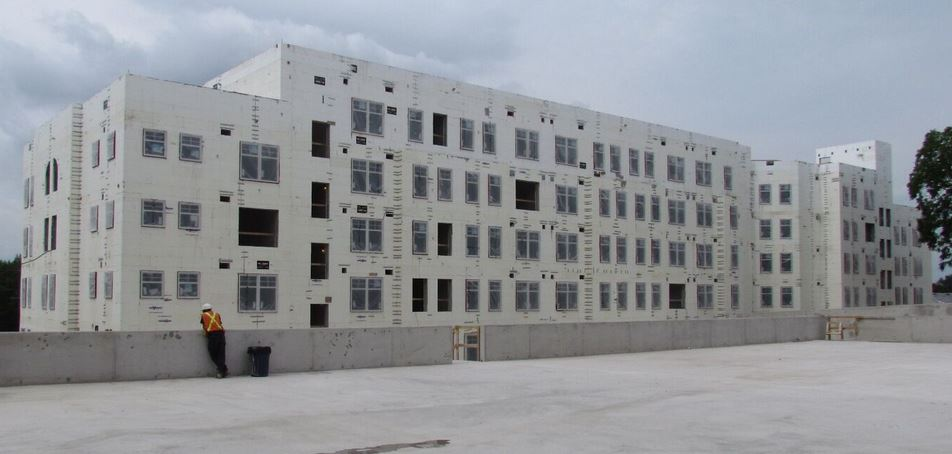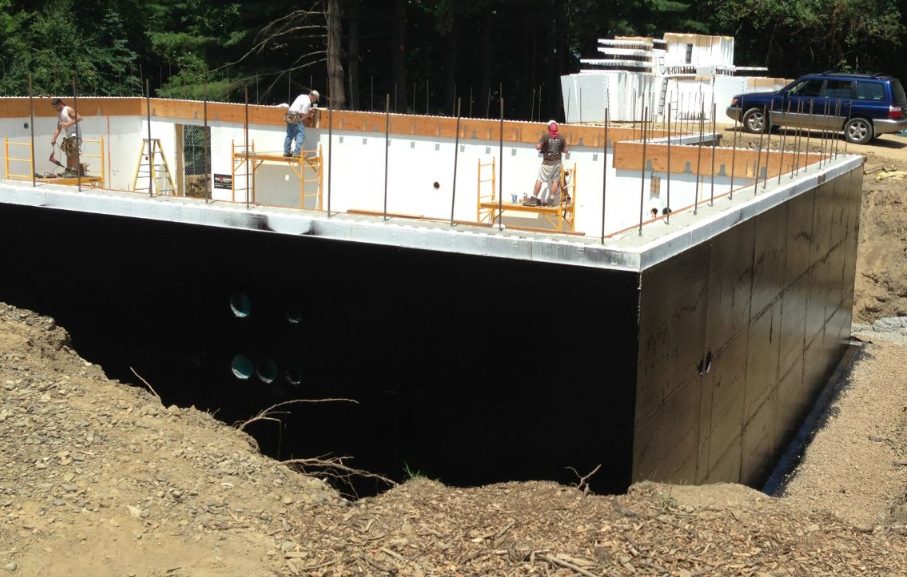
Build a Mold-Resistant Home That Protects from the Inside Out
Water doesn’t need a flood to cause damage — high humidity and poor ventilation are often enough to compromise a structure from within.

How to Build an Apartment Complex Faster (and Better)
The future of apartment building construction lies in leveraging innovative materials and processes to deliver better projects faster and more efficiently

4 Alternative Materials for Wood in Construction
Wood has been a staple in construction for centuries. From the humble log cabin to the towering skyscrapers of modern metropolises, wood always seems to find its place in construction.

How to Build a Parking Garage That Performs for Decades

11 Problems Associated with Structural Insulated Panels and a Better Alternative
Fox Blocks Goes to Washington
Insulated Concrete Form Manufacturer Fox Blocks brings its newly developed web-based BIM tools to a forum focused on Federal Asset Management.

Debunking the Most Common ICF Homes Problems Myths
Debunk the most common ICF home problems myths and uncover the real facts about insulated concrete form construction and performance.
Fox Blocks at Federal Asset Management Policy Forum and Expo
Fox Blocks Vice President Mike Kennaw and East Coast Sales Manager Brian Medford participated in the 3rd Annual Federal Asset Management Policy Forum and Expo in the Washington, D.C. area the week of October 17, 2016.

Improve the Comfort and Health of a Building with Soundproof Exterior Walls
The need to incorporate soundproofing features in the exterior walls of today’s homes and buildings has increased in recent decades. Urbanization, population growth, and an increase in air, rail, and highway traffic all have contributed to a widespread escalation of noise pollution.

Why Real Estate Investors Should Rebuild with ICF Instead of Fix and Flip
Real estate investors can limit the financial risks of fix and flip construction by demolishing the old structures and rebuilding with insulated concrete forms (ICFs).